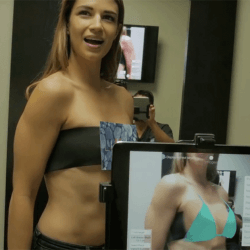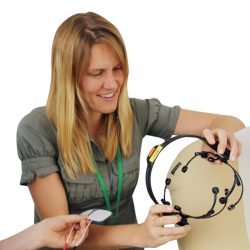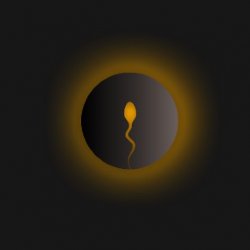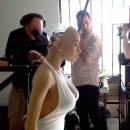1st Baby Born from Deceased Donor’s Womb Turns 1 Year Old! ??
Medical milestone offers hope to women who can’t bear children.

By Tom Woodley
This month, doctors in Brazil announced they have delivered the first baby born from a transplanted womb provided by deceased donor. The incredible news comes a year after the infant’s first birthday in December 2017.
The transplant recipient, who was born without a uterus, received the organ during a ten-hour procedure at São Paulo’s Hospital das Clínicas in September 2016. She took a range of immunosuppressive drugs to prevent her body from rejecting it.
Four months earlier, doctors had retrieved eggs from her ovaries that were fertilized and frozen. They were then implanted after the transplant.
Today the woman is the proud mother of a healthy one-year-old girl.
One breakthrough after another
This infant, however, isn’t the first baby been born after a uterine transplant. Recent cases of using donor wombs to conceive and carry fetuses to term have had varied success.
In 2011, Turkish surgeons performed the first uterine transplant from a deceased donor to achieve long-term function. Although the recipient became pregnant in 2013, the pregnancy was terminated when doctors discovered there was no fetal heartbeat.
The next year, a 36-year-old Swedish woman gave birth using a womb that had been donated by a family friend. The doctor who led the research, Mats Brannstrom from the University of Gothenburg, has also overseen several other uterine transplants that resulted in successful pregnancies, including from mother to daughter.
The pace of progress in organ transplantation research has been incredible in recent years, particularly when it comes to reproductive organs.
In 2014, South African surgeons successfully performed a penis transplant on a man using his father’s member. Four years later, doctors at John Hopkins University in Baltimore, Maryland, announced the first ever total penis and scrotum transplant.
Researchers have also broken new ground in transplants of lab-grown organs.
Over the last two decades, Dr. Anthony Atala, a urological surgeon at the Wake Forest Institute for Regenerative Medicine in North Carolina, has succeeded in growing and implanting both bioengineered human bladders and vaginas.
For reproductive medicine, it’s an age of one first after another.
New possibilities
Even with all these breakthroughs, the birth of a baby from a deceased donor’s womb is a historic moment.
The baby was delivered by Caesarean section, and the transplanted uterus removed at the same time. In a paper published in The Lancet, researchers called the results a proof-of-concept for future uterine transplants “without need of living donors or live donor surgery.” This makes the procedure much more practical than ever before.
Some commentators and medical researchers have speculated that uterine transplants could one day even allow men and transgender women to become pregnant.
For now, that’s a fairly distant possibility. In the near future, the researchers’ success could open doors for many women who might not otherwise have the chance to experience pregnancy.
Leave a reply
You must be logged in to post a comment.

















